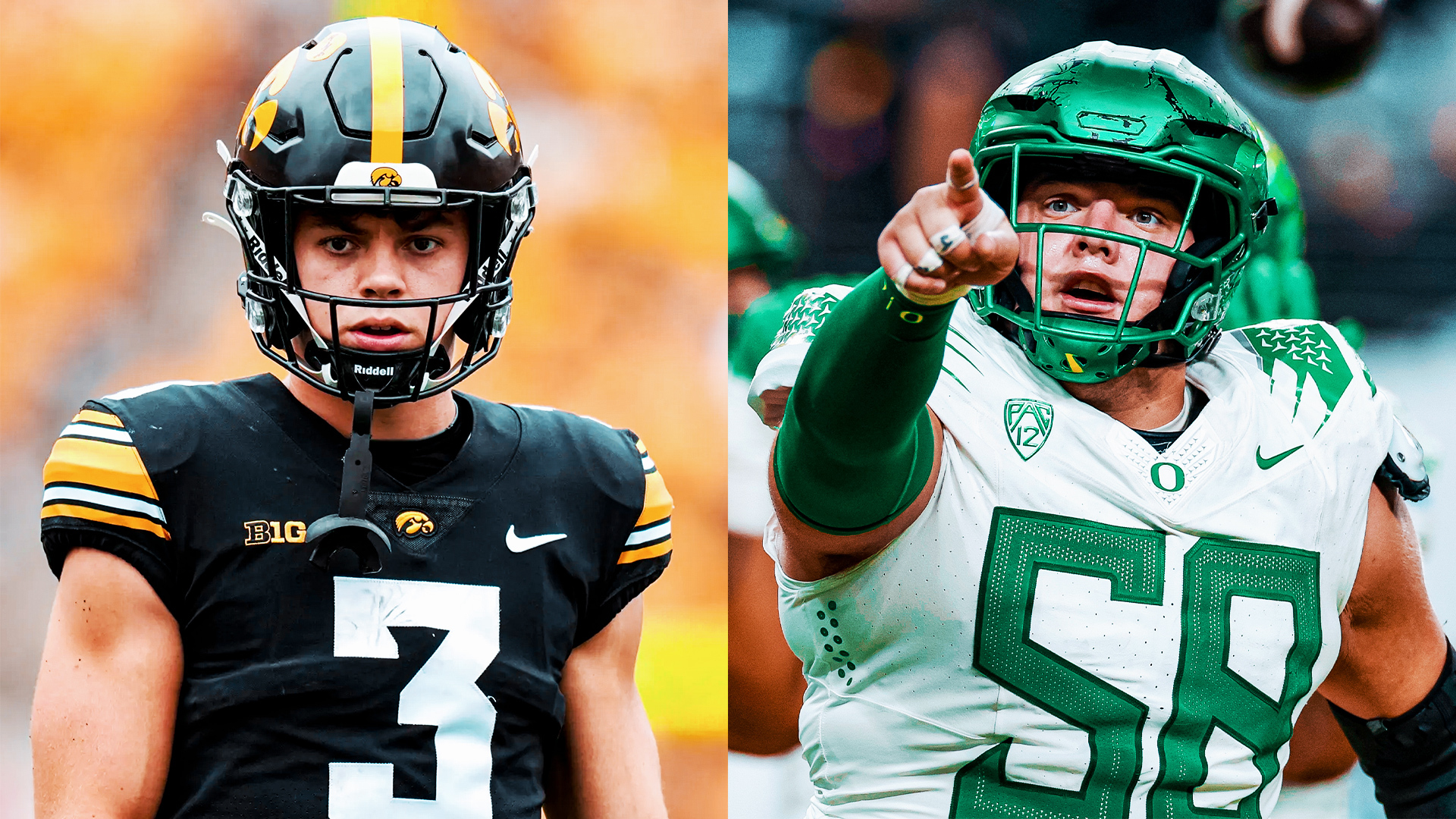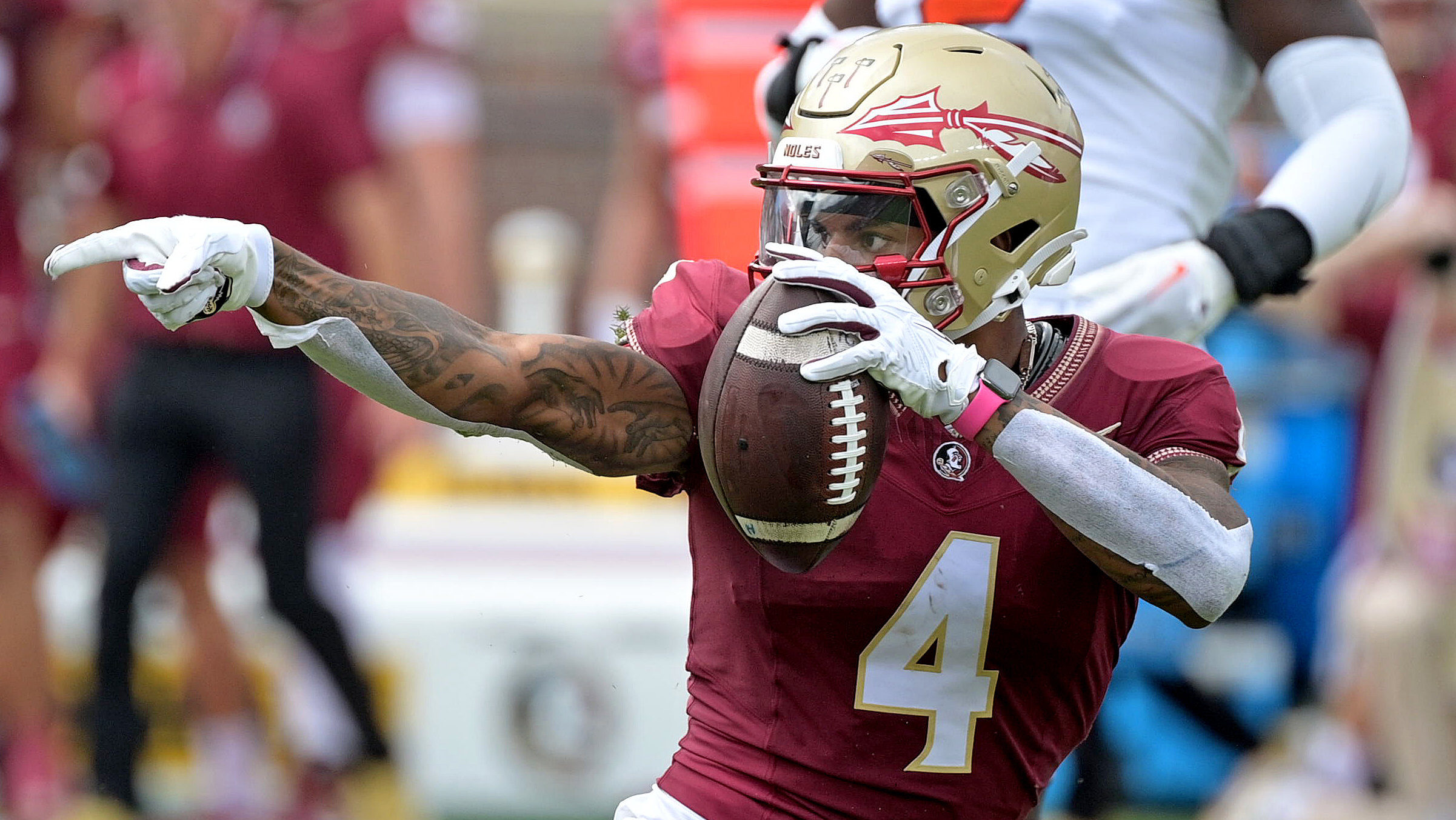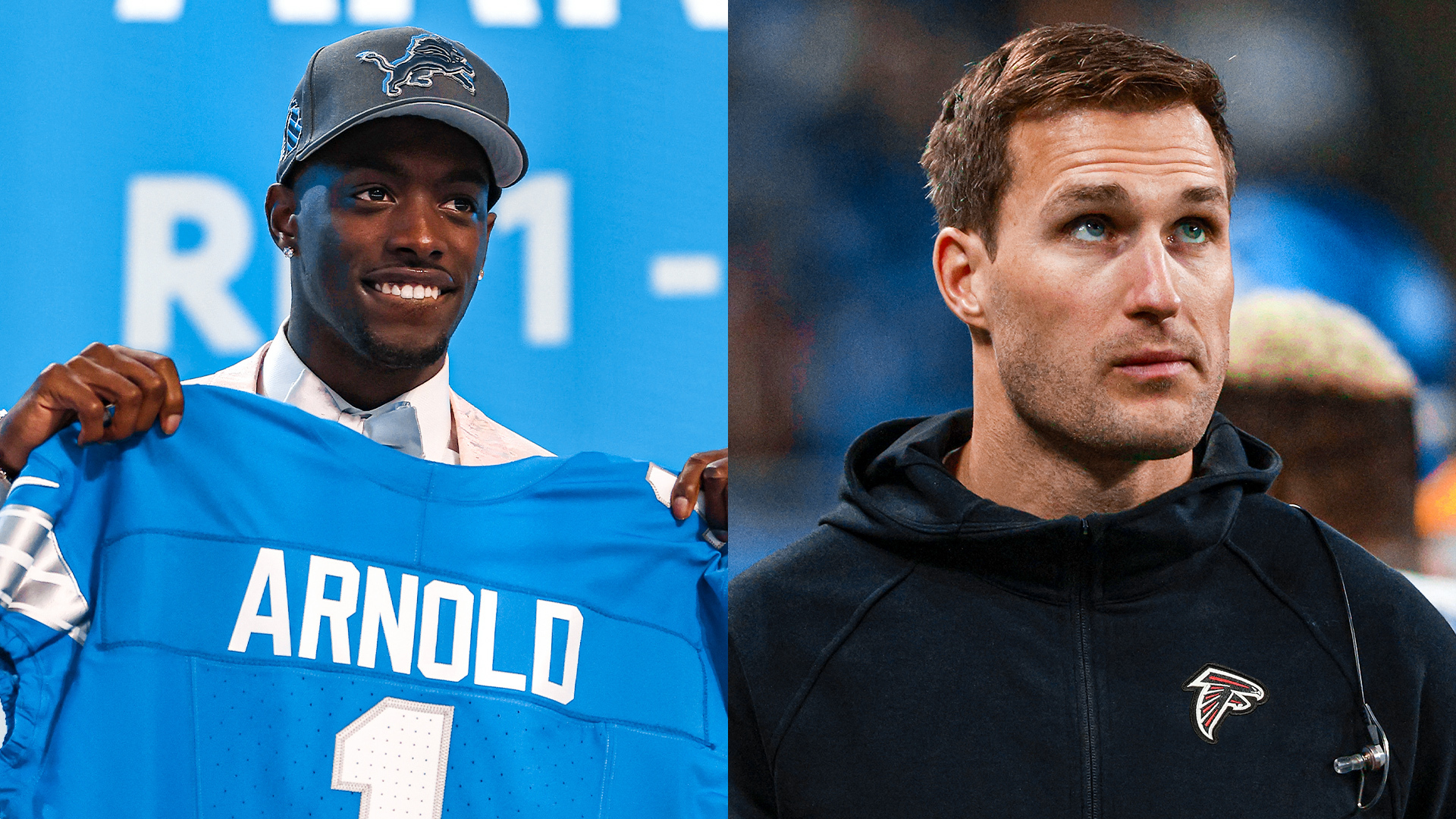Analysis
6/30/23
5 min read
What Could New Contracts for Justin Herbert, Joe Burrow Look Like?

Now that Jalen Hurts and Lamar Jackson have new contracts, we can turn our attention to those quarterbacks who don’t – namely, Justin Herbert and Joe Burrow — and ask the same questions posed months ago to Hurts and Jackson:
Will they get new deals soon? If so, when? And at what price?
The answers are simpler than you might expect.
I firmly believe both will sign this summer, and they could do it by the beginning of training camp. It’s the right thing to do, and their teams appreciate them. We have a long stretch where quality quarterbacks sign new deals after three years.
Plus, it makes sense for the Los Angeles Chargers and Cincinnati Bengals to act sooner rather than later because the price for quarterbacks only increases with an escalating salary cap. So acting now benefits a franchise’s long-term planning, and you don’t have to look far to understand why. When you know your cash flow and cap situation for the next three years, you can start assembling the rest of your roster today.
What Will It Cost?
As for what it will cost to extend Herbert and Burrow, I think that’s pretty straightforward, too.
We saw Hurts get a contract that pays him an average of $51 million per year. Then, Jackson signed a deal that pays an average of $52 million per year. Now, before we go further, let’s get something clear: Those deals don’t mean one is better than the other. The latest, or more recent, signee historically lands the bigger contract, and in this case, it was Jackson.
With Herbert and Burrow up next, expect each to exceed Jackson but not by anything dramatic. My guess is something north of $52 million and something south of $55 million. And the guarantees?
They should continue to be a progression. The last deal done was for $72 million of a real guarantee at the signing and from $130-135 million over the lifetime of the contract. I’d expect similar progress with future deals, but that’s not the issue.
Length is.
With the cap escalating as rapidly as it has in recent years, the longer a club can lock down someone at its most crucial position, the more money it saves during that individual’s career. The cap is $225 million for this season, right? So let’s say it increases by $25 million per year for the next three years. That puts it at $300 million in 2026, up 35 percent from where it is now. It doesn’t take a nuclear physicist to figure out what that means for the quarterback making an average of $50 million today.
And that’s not lost on NFL teams. They know the sooner they can get deals done — and the longer they can make them — the more advantageous it is for them.
So what does that mean for Herbert and Burrow? If I were advising them, I’d tell them they should be more focused on the length of the contract. If they want to opt for longer-term deals, they can. But they should do so with the flexibility to restructure them in the future.
However, if they’re looking out for themselves — which, by the way, is perfectly OK — they should aim for a shorter deal. A three-year deal for quarterbacks right now is effectively guaranteed, whether literally or not. That means you’ll get another bite of the apple when that contract expires, and the cap is 35 percent higher. So why not do it? My guess is: If there’s contention in either camp, it’s probably over the length of deals.
Look, these contracts will be done, and they’ll be done quickly. The averages and structure are clear. The only question is length. Burrow and Herbert will have ultimate generational wealth no matter what, but they can maximize their career earnings by being a little more aggressive on a shorter deal than on a longer one.
Burrow still has two years left on his contract. So if he signs a four-year extension, the Bengals aren’t compelled to address a new deal for six years. Even then, they’d still have two tags to use on him. If I were Burrow, I’d want a contract for nothing more than three years.
If I went longer, I’d want a commitment the Bengals couldn’t tag me when my deal expires. By doing that, he’d be looking out for himself and allowing the Bengals some flexibility to sign other players.
The last question here is: Who signs first, Burrow or Herbert? I don’t know, nor do I think it matters. One might make $53 million a year while the other gets $54 million. We’re talking about such large numbers that the difference between the two isn’t even five percent.
So if I felt good about the deal and good about the team and if I knew I was going to get this done, my solution would be as simple as it would be direct. I’d relieve the stress for the player and the team, wrap this thing up, move forward and go celebrate.
Joe Banner is a former front office executive for the Philadelphia Eagles and Cleveland Browns. He was a part of an Eagles franchise that made a Super Bowl and played in four NFC Championship Games. Follow him on Twitter at @JoeBanner13








